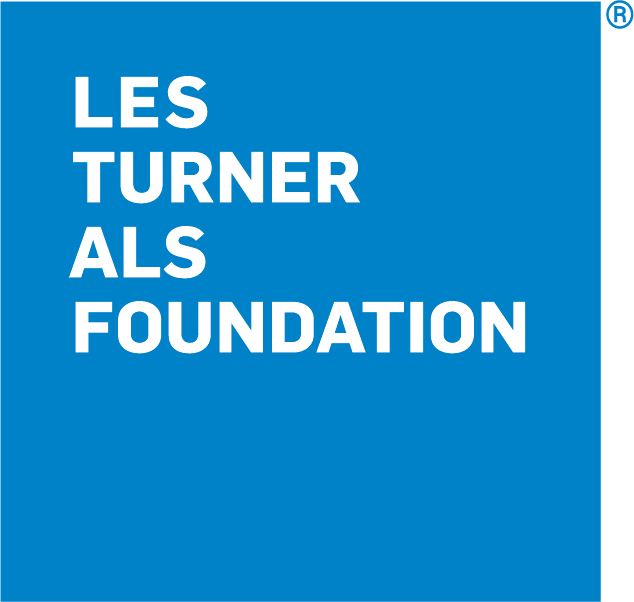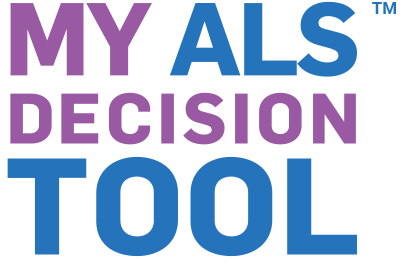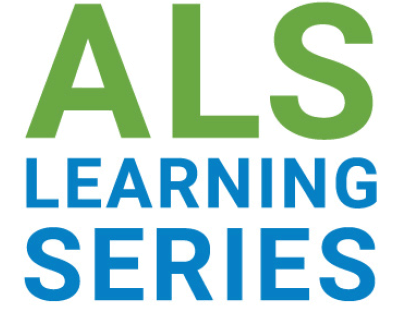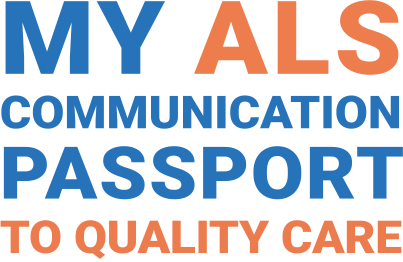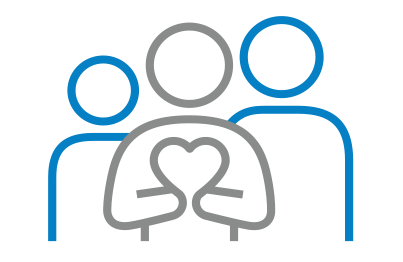ALS & Relationships, Sex and Intimacy
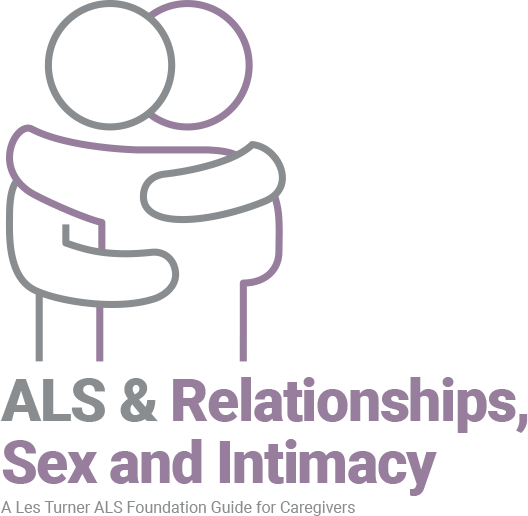
ALS & Relationships
Becoming a caregiver for someone with ALS is likely something you never thought you would have to do, and your relationship with your loved one is bound to change. In this guide, you will find tips on how to handle changing relationship dynamics as well as information on ALS and physical intimacy.
Our intention is to provide you with information that you may need today and tomorrow.
Changing dynamics
Changes in thinking and behavior
It is a common misconception that ALS does not impact thinking and behavior. Recent studies show up to 50% of people living with ALS may eventually experience some change in cognitive functioning or behavior. Cognitive and behavioral impairment in ALS can vary from individual to individual. The person living with ALS may experience a change in personality, increased irritability, development of obsessions, and/or decreased insight, all of which can change the dynamics of your relationship.
Your ALS care team is here for you and can help you navigate the challenges that come with cognitive and behavioral impairment. To learn more, read: Changes in Thinking and Behavior in ALS by the ALS Association.
Tips to handle a change in dynamics:

Communicate
Communicate your needs and allow the person you are caring for to communicate their needs. Your ALS care team and speech-language pathologist can help with communication needs.
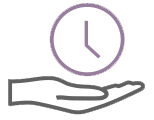
Have patience
Be patient with each other during this time of transition.

Enjoy time together
Continue to do things you enjoy together! Engaging in meaningful activities together will help relieve stress for everyone.
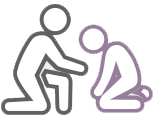
Accept your differences in grieving
Try to understand that you and your loved one may be grieving in different ways.

Be honest
Being honest with your children about ALS can be difficult, but age-appropriate honesty is necessary to maintain trust.
Creating a fulfilling future
Tips to create a fulfilling life

Live in the present
Focus on living in the present without placing too much emphasis on what the future holds.

Don’t try to accomplish everything at once
Take things one day at a time and know that you do not have to accomplish everything at once.

Focus on what you can do
Don’t dwell on what you can no longer do. A diagnosis of ALS does not mean your life is over. Focus on making positive memories with the person living with ALS.
Sex and intimacy
Intimacy is an important aspect of your well-being and is necessary for a healthy relationship. Sexual intimacy can be a significant part of a relationship and is a common issue for many people living with ALS and their partners.
Lack of intimacy in your relationship can lead to emotional detachment from your partner. You may have to redefine what physical intimacy means in your relationship, but it does not have to come to an end.

Partners of a person living with ALS have reported concerns about
Causing injury
Causing pain
Managing uncomfortable positions during sex
Breathing problems during sex
Wearing their partner out
Pressuring their partner into something they do not feel comfortable with
Tips for managing ALS and sex





To learn more about physical intimacy with ALS check out the following resources:
The Motor Neurone Disease Association’s sex and relationships booklet provides ways to maintain physical contact with limited movement for people living with ALS (MND is another term for ALS). It provides guidance and how to find support, regardless of your sexuality or whether you are in a couple or single. This information can also help you start sensitive conversations with medical or mental health professionals. To learn more, visit: mndassociation.org
ALS Society of Canada created this Fact Sheet on Sexuality, intimacy and ALS. The fact sheet has information about how you can maintain intimacy and healthy sexuality while living with ALS. To learn more, visit: ALS.CA
Learn more
My ALS Decision Tool™
ALS Learning Series
My ALS Communication Passport to Quality Care
Support Groups
Theses resources are made possible by a generous donation from the Gilbert & Jacqueline Fern Foundation and other donors to the Foundation.
Sign up for News and Updates
Get helpful resources and updates from the Les Turner ALS Foundation delivered straight to your inbox. You’ll receive information on additional decision tools to help you understand your treatment options and make the decision that's right for you, plus information on upcoming events, ALS research, clinical trials, and more.

